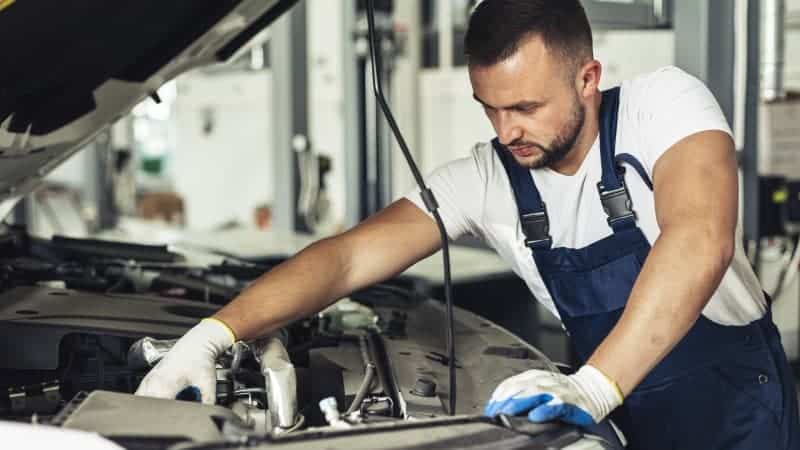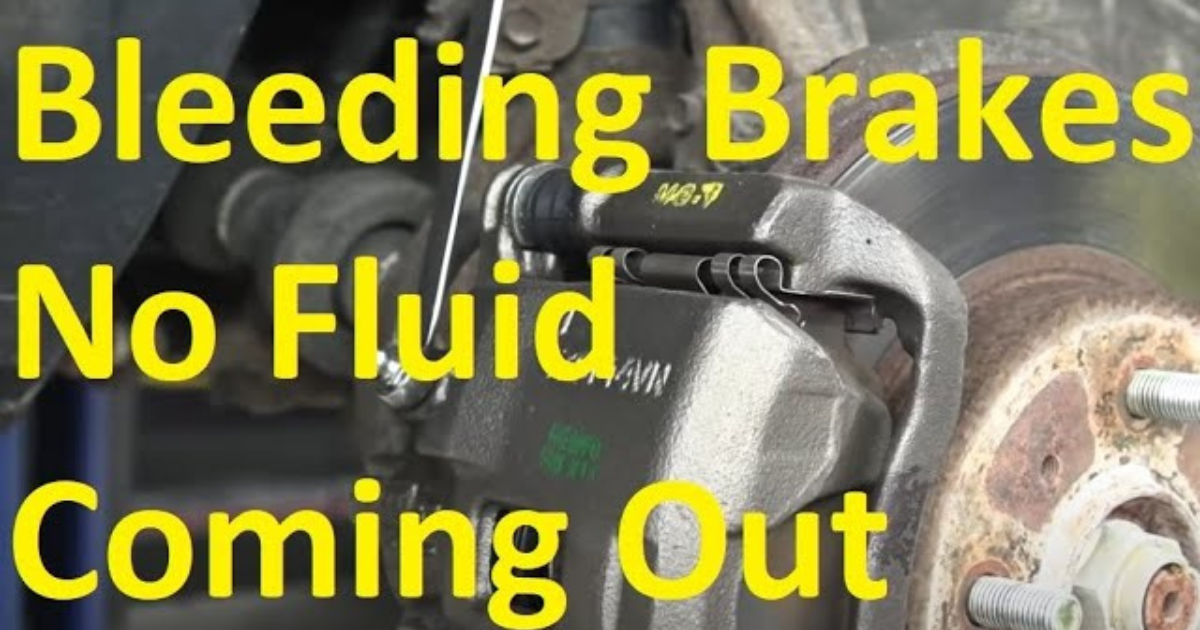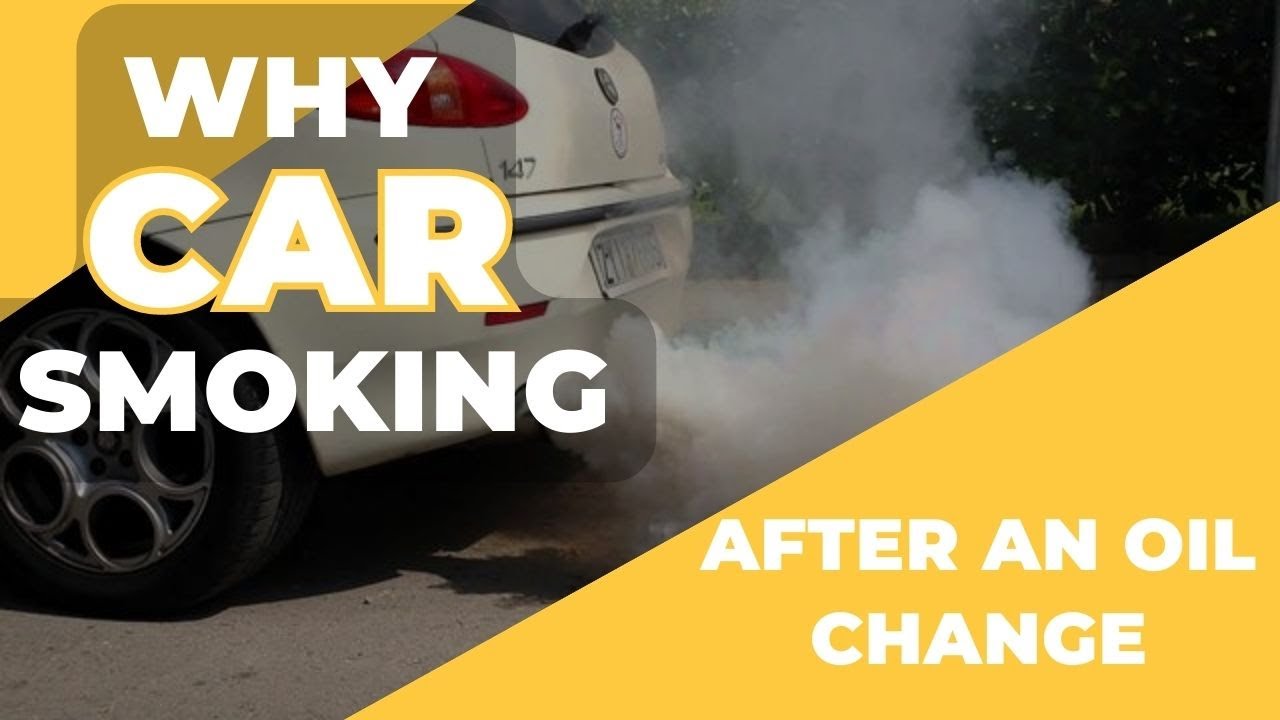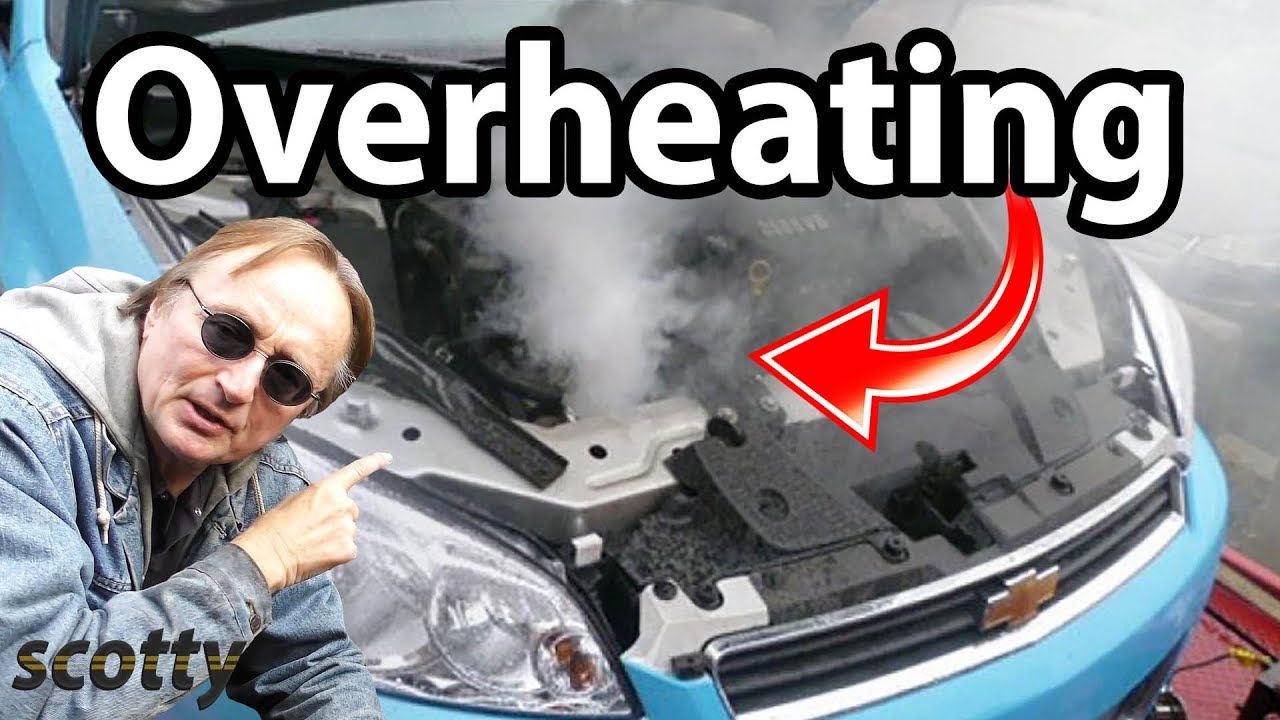As you accelerate, do you detect any metallic clucking noises coming from the engine? Engine banging, sometimes called detonation, is something that most drivers have experienced. A knocking sound is produced when one fuel molecule in a cylinder explodes before the other.
The spark plug normally controls the explosion by starting combustion and burning all of the fuel in the cylinder. When the air and fuel in the cylinders spontaneously ignite, it causes the engine to knock. Engine knocking when accelerating is a topic we’ll go over in depth in this piece.
Keeping reading will provide you additional information regarding engine knocking sounds, including what causes them, and how to stop them.
When I Accelerate, Why Does My Engine Knock?
Allow me to explain how ignition occurs in typical combustion before we get into the reasons of engine knocking. In a sequential fashion, the engine burns the fuel/air mixture. Also, at 10–40 degrees before TDC (top dead center), the spark plug ignites the fuel. Upon crossing the electrodes of the spark plug, a kernel of flame is produced. Both the size and temperature of this kernel increase.
A knocking sound could be caused by a number of things. A banging sound could be heard when starting up from a halt or when applying the brakes on a vehicle. Here are some potential reasons for that knocking sound in your engine:
- Too Low Octane
- Bad Timing
- Lean Air/fuel Mixture
- Bad Knock Sensor
- Faulty Spark Plugs
- Carbon Deposits
- Low Oil Level
How to Fix Engine Knocking

The first step in fixing engine banging is identifying its causes, which we have done. If your automobile is making a rattling noise, try these solutions.
For more precise and high-quality combustion, use fuel with a higher octane rating. A possible solution to the problem of the knocking sound is this. Improving your vehicle’s octane level allows the ignition to be executed at the precise moment. If you want to increase the number of octanes, you can use the octane booster.
Under varying loads, accelerations, and speeds, record the sensor readings using a certified vehicle scanner. Check these measurements against the manufacturer-recommended ones. While fine-tuning the engine’s timing, keep an eye on your vehicle’s clock and refer to the shop manual for guidance.
Make sure the knock sensor is functioning correctly by checking it frequently with the vehicle scanner.
You can keep your car’s engine from knocking by replacing worn or damaged spark plugs right away. The knocking sound is caused by the spark plug wearing out from age or miles, which delays the sparks.
No matter how old your engine is, make sure you use oil that is suitable for it. This ensures that internal components are not damaged by using oil of the incorrect viscosity or type. Maintain a regular schedule for engine oil changes.
Use engine, throttle body, and injector cleaners to prevent carbon buildups. Clean the throttle body, oil passageways, and injectors (to avoid injector pulse) with the cleaners. Make sure to clean the gas tank as well using the cleansers. Carbon buildups can clog fuel lines and ignite work areas, but these products dissolve them.
Conclusion
A common issue that many drivers have is an engine banging sound when applying the accelerator. This noise is damaging to the engine and its internal components in addition to being annoying to the ears. Engine knocking noises can be caused by a variety of things, including filthy combustion chambers, defective spark plugs, or poor fuel quality.
To make fixing easier, the first thing to do is get a good diagnostic. Whether your engine is idling or revving, the safest course of action is to consult a mechanic right away if you hear banging. You can prevent further harm to your engine by attending to the issue promptly.




